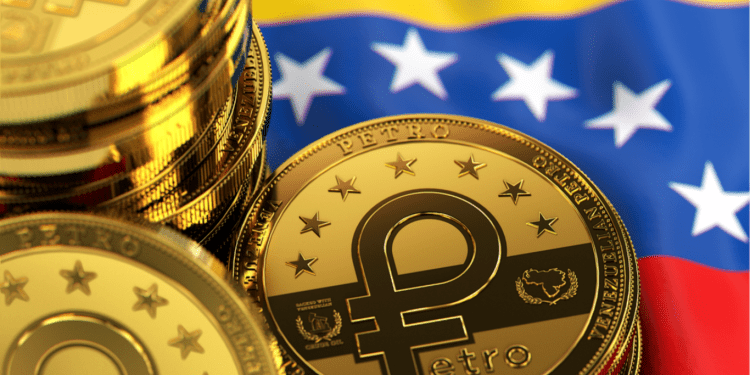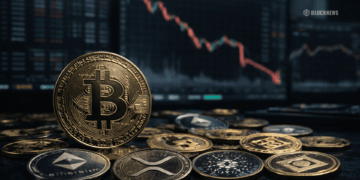- Venezuela might shut down its Cryptocurrency token, Petro.
- The head of Sunacrip was arrested in a corruption scheme.
- Venezuela’s ban on crypto mining operations may cause the end of crypto operations in the country.
Five years after the introduction of the National cryptocurrency of Venezuela, Petro, Bloomberg Linea reports that it may shut down soon in light of a corruption scandal. Three executives linked to the Superintendency of Cryptoactives(Sunacrip) claimed that Petro would be liquidated five years after issuance.
Other reports alleged that the decision was a restructuring plan initiated by Sunacrip in light of the corruption scandal related to Ramirez.
Venezuela’s official crypto token, Petro, has been swept up in a mirage of corruption schemes. In March, Joselit Ramirez, the head of the Supritendency of Cryptoactives(Sunacrip), a crypto watchdog group, was arrested for involvement in a corruption scheme.
He was also removed from his position by the Venezuela President for being part of a plan to steal from the country’s oil operations.
Venezuela’s Crypto Mining Ban Continues, Energy Suppliers may shut down rigs permanently
After the spread of Ramirez’s alleged activities and arrest, crypto mining operations in Venezuela were shut down. Crypto exchanges active in Venezuela were also ordered to cease their daily operations. Venezuela’s Intelligence Police, known as Sebin, has also audited miners to confirm that their equipment funds were not from the corruption scheme.
The corruption scheme discovered lately has led to the ban placed on crypto mining operations in Venezuela.
Three months after the ban on crypto mining operations, energy suppliers may consider selling and shutting down their rigs permanently. In light of the corruption scheme, over 80 persons have been arrested in Venezuela due to the oil scandal.
Oil Corruption Scheme ruins previous efforts of Venezuelan President
In 2023, the Venezuelan government banned crypto mining operations in the country. The ban was widely regarded as a contrast to the previous enthusiastic efforts of the Venezuelan President, Nicolas Maduro. For the past five years, Nicolas Maduro has made Petro an acceptable payment option in the country. His efforts were rewarded with the mass adoption of the Petro token as a payment method for various services, from housing projects to payment of airplane fuel. Recently, Venezuela pegged workers’ minimum wages to its official cryptocurrency, Petro.
The Petro token was issued five years ago to avoid sanctions imposed by the Obama and Trump administrations. The introduction of the oil-back cryptocurrency was initially met with skepticism and criticism globally. Former US President Donald Trump banned US investors from trading in Petro.
Despite the skepticism faced by the Petro token, the Venezuelan president, Nicolas Maduro, continually promoted using the Petro token in the country. Nicolas Maduro allowed several crypto exchanges to operate. Through this, several Venezuelan citizens were introduced to cryptocurrency and utilized it as an alternative to their declining currency.
Unfortunately, despite the strong initial support for cryptocurrency, Venezuela no longer recognizes or lists Petro as its currency.
As a result of the corruption scandal, the future of cryptocurrency and Petro is uncertain in Venezuela.
The situation in Venezuela highlights some of the challenges of the mass adoption of cryptocurrency.














